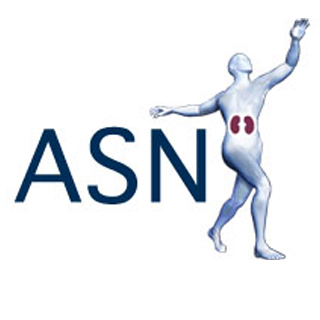
Fatigue may be a significant warning signal of grave cardiovascular events, particularly in patients devoid of other evident threat issues. The scientists assessed their fatigue questionnaire in a group of roughly 788 dialysis patients. Fatigue is claimed to be one of the most general symptoms felt by dialysis patients.
It was seen that roughly 16% of the dialysis patients apparently had an elevated fatigue score. At two years’ follow-up, patients with high fatigue scores appeared to have more than twice the chance to suffer from cardiovascular events like a heart attack or stroke.
A vital aspect of the new fatigue survey was that it supposedly distinguished fatigue from the several issues linked to it like anxiety and depression, pain, overwork, or infection. Fatigue itself appears to be the most powerful indicator of cardiovascular risk, even in patients devoid of recognized risk factors like malnutrition, diabetes, and earlier cardiovascular disease.
The study was headed by Hidenori Koyama, MD, PhD, and Yoshiki Nishizawa, MD, PhD (Osaka City University Graduate School of Medicine, Japan.
Komaya commented, “Our data highlight for the first time the pathophysiological significance of fatigue as an important bio-alarm for cardiovascular disease.â€
Preceding studies apparently displayed that fatigue and other behavioral and psychosocial factors seemed to encompass vital connections to cardiovascular diseases. Nevertheless, there is not much information on how fatigue may impact the risk of cardiovascular disease.
Komaya mentioned, “Another important question is whether interventions for fatigue will be effective in preventing cardiovascular events.â€
The experts are of the opinion that the new questionnaire could be helpful in comprehending not only fatigue itself, but also the causative factors adding to it.
The study will be published in the Clinical Journal of the American Society Nephrology (CJASN).
